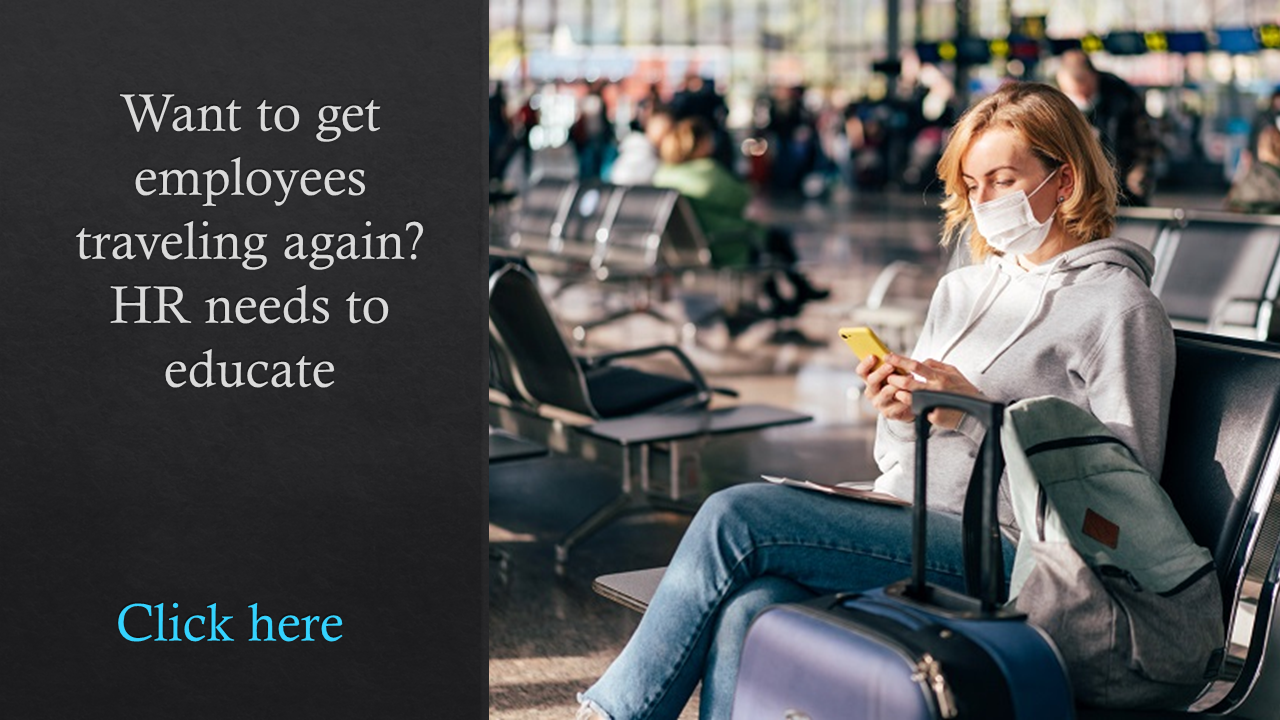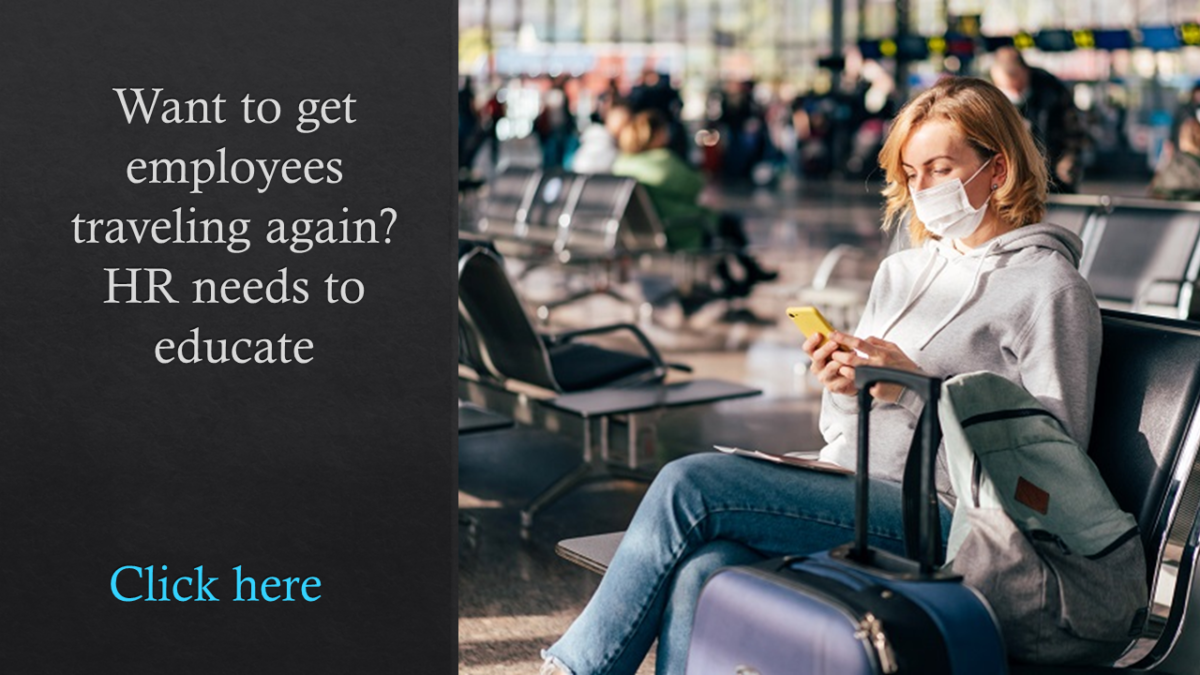Despite relaxed COVID-19 health guidance and more widespread vaccination, the majority of workers say they want their employers to require masks at on-site offices.
Nearly six in 10 U.S. adults (57%) believe employees should be required to wear a mask when working at an on-site work location, even after being vaccinated for COVID-19, according to results from an American Staffing Association Workforce Monitor survey. The survey was conducted from June 10–14 by The Harris Poll among 2,066 U.S. adults aged 18 and older.
The data has important implications for company and HR leaders, as many employers are looking to return workers into the office well over a year after COVID-19 was declared a pandemic. Experts say employers should consider employee preferences and implement health and safety protocols to help keep them safe.
“While government officials are rolling back COVID-19 requirements throughout the country, many workers aren’t ready to give up their masks just yet,” says Richard Wahlquist, ASA president and chief executive officer. “As brick-and-mortar workplaces reopen, workers are anxious about being around their colleagues once again. Employers must clearly communicate what steps they are taking to make their workplaces safe for their employees as they reopen.”
In May, the Centers for Disease Control & Prevention released new guidance allowing vaccinated people to go maskless—and in theory, unvaccinated people, too, since no proof is required in most cases. For some workers, that guidance has created anxiety, especially when it comes to thinking about returning to an office full of maskless colleagues, mental health experts say.
“The ability for people to go maskless, that is going to be an extra layer of adjustment, especially for people who are extra-vigilant about their precautions,” says Dr. Joe Grasso, director of workforce mental health for Lyra Health and a licensed clinical psychologist. “You’re layering stress.”
 Related: CDC mask guidance is upping employee anxiety. Now what?
Related: CDC mask guidance is upping employee anxiety. Now what?
“For those with young children who cannot receive the vaccination or those who are immunocompromised, the loosened restrictions may have brought about an increase in feelings of anxiety or fear,” adds Dr. Rachel O’Neill, Talkspace therapist. “Even those who are vaccinated may still experience fear and concern about their safety in situations where there are a large number of unmasked individuals.”
Related: Return-to-workplace worries are affecting employee mental health
Industry insiders say that employers should be extremely clear about what health and safety guidelines they’re still following and how they intend to keep workers safe if they’re bringing workers back into the office.
“One of the things that helps reduce anxiety about decisions that affect workers from a health and safety standpoint is a really clear explanation of, ‘This is what’s expected of you, this is what’s expected of your colleagues, this is the rationale for why our policy is the way it is,’ ” Grasso says. “[Tell them], ‘This is what we’re doing as a company for your health and wellness.’ ”
